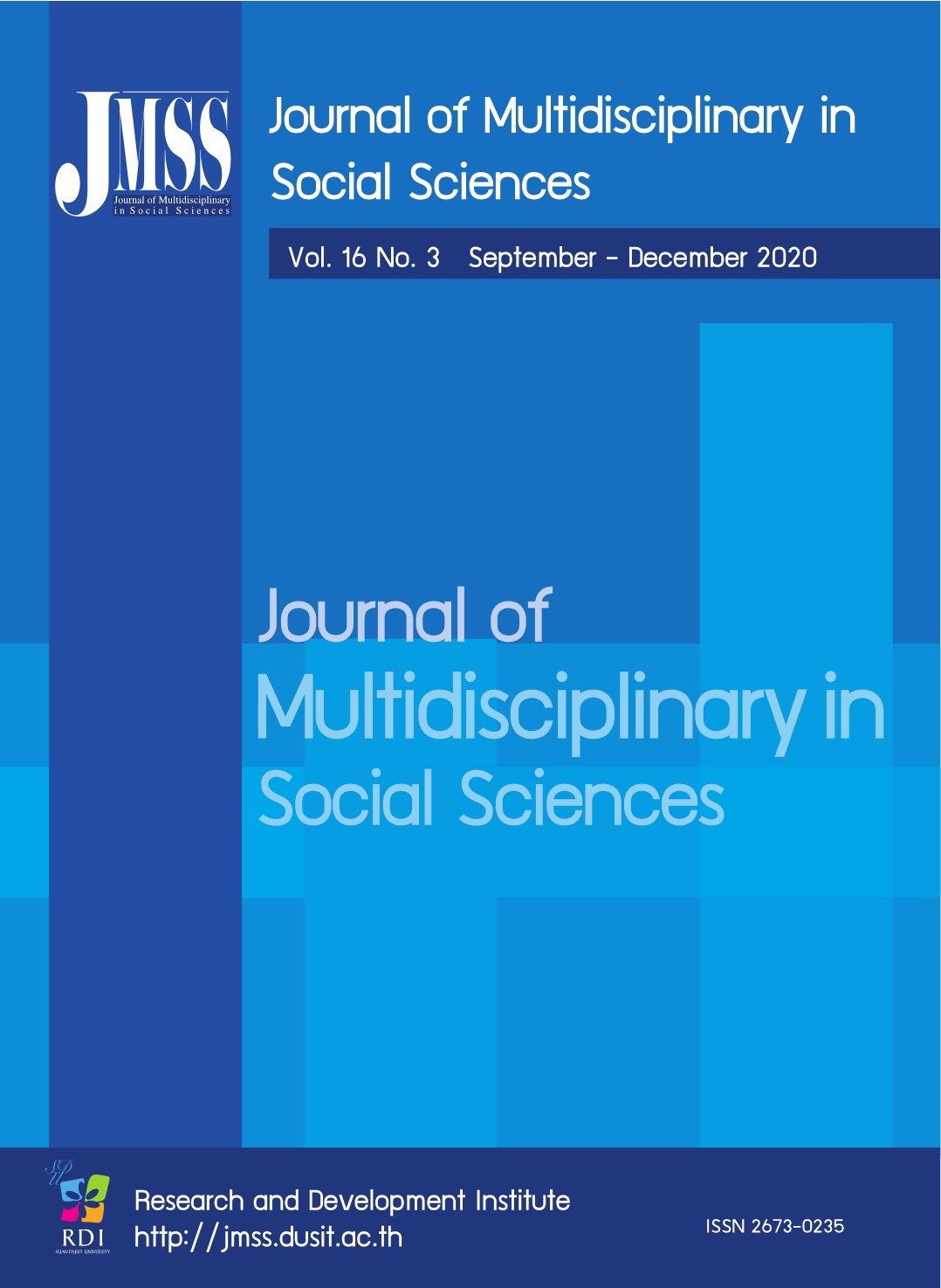Academic and Health Insecurities of Indigent Students during Pandemic: Study on Adaptive Strategies under Learning Constraints
Keywords:
COVID-19 pandemic, Indigent students, Academic-health insecurities, Adaptive strategiesAbstract
The academic community was ravaged by COVID-19 in many ways, and particularly impacted the lives of the indigent learners in higher education. This study aims at assessing the academic and health insecurities of the indigent students in Zamboanga City State Polytechnic College. A comprehensive validated survey questionnaire on learning and health were adapted for the study. A total of 66 indigent students were purposively selected for the study. After the rigorous statistical treatments, the results showed that the respondents have a high willingness and intent to go to school despite the pandemic; they had high value for their education. Nonetheless, they had reservations because they had moderate digital competence and the cost of online education. It was further revealed that female indigent students had more fear and anxiety amidst the pandemic compared to their male counterparts. Their academic adaptive strategies were the use of online learning modalities and modular distance education. Health insecurities of the respondents included worries, apprehension, borderline anxiety, and depression. Their adaptive strategies were the use of open communication with others, complying with the health protocols, and following the guidelines set by the government. This research is critical for making learning and health policies for the academe and mitigating the impact through fact-based processes.
References
Abad, M. (2020). How Metro schools continue lessons amid coronavirus threat. Retrieved June 21, 2020, from https://www.rappler.com/newsbreak/iq/254114-howmetro-manila-schools-continue-lessons-coronavirusthreat
Ahn, J., & McEachin, A. (2017). Student enrollment patterns and achievement in Ohio’s online charter schools. Educational Researcher, 46(1), 44-57.
Aldama, P. (2020). [OPINION] What will happen to poor students when schools go online?. Retrieved June 21, 2020, from https://www.rappler.com/move-ph/ispeak/254707-opinion-poor-students-schoolsonline-coronavirus?utm_medium=Social
Attanasio, O., Blundell, R., Conti, G., & Mason, G. (2020). Inequality in socio-emotional skills: A cross-cohort comparison. Retrieved June 29, 2020, from https://www.sciencedirect.com/science/article/pii/S0047272720300359
Baxter, A. J., Scott, K. M., Ferrari, A. J., Norman, R. E., Vos, T., & Whiteford, H. A. (2014). Challenging the myth of an “epidemic” of common mental disorders: trends in the global prevalence of anxiety and depression between 1990 and 2010. Depression and anxiety, 31(6), 506-516.
Burgess, S. (2020). How we should deal with the lockdown learning loss in England’s schools. Retrieved June 27, 2020, from https://voxeu.org/article/how-we-shoulddeal-lockdown-learning-loss-england-s-schools
Cherry, K. (2020). Compliance Techniques in Psychology Research. Retrieved June 27, 2020, from https://www.verywellmind.com/what-is-compliance-2795888
Child Fund International. (2020). GFC's coronavirus response: the latest. Retrieved June 27, 2020, from https://globalfundforchildren.org/news/gfcs-coronavirusresponse-the-latest/>
Choy, S. (2002). Findings from the condition of education 2002: Nontraditionalundergraduates (NCES 2002–012). Washington: National Center for Education Statistics.
Cullen, R. (2001). “Addressing the digital divide”. Online information review, 25(5), 311-320.
Cyranowski, J. M., Frank, E.,Young, E., & Shear, M. K. (2000). Adolescent onset of the gender difference in lifetime rates of major depression: a theoretical model. Archives of general psychiatry, 57(1), 21-27.
Doepke, M., & Zilibotti, F. (2019). Love, Money and Parenting: How Economics Explains the Way We Raise Our Kids. NewJersey: Princeton University Press.
Fischer, C. (2020). Data on online and face-to-face course in a public research university during summer terms. Retrieved June 27, 2020, from https://reader.elsevier.com/reader/sd/pii/
Gabol, I. (2020). Students, faculty express reservations over online education system. Retrieved June 27, 2020, from https://www.dawn.com/news/1545094
Gupta, A. (2020). COVID-19 lockdown guide: How to manage anxiety and isolation during quarantine-Blog post. Retrieved April 1, 2020, from https://adaa.org/node/5151
Huber, S. G., Günther, P. S., Schneider, N., Helm, C., Schwander, M., Schneider, J., & Pruitt, J. (2020). COVID-19 and current challenges in school and education. Retrieved April 1, 2020, from https://www.waxmann.com/waxmann-buecher/?tx_p2waxmann_pi2%5bbuchnr%5d=4216&tx_p2waxmann_pi2%5baction%5d=show
Kentnor, H. E. (2015). Distance education and the evolution of online learning in the United States. Curriculum and Teaching Dialogue, 17(1/2), 21-34.
Lee, H. (2014). Estimating willingness-to-pay for broadband attributes among low-income consumers: results from the FCC lifeline pilot projects. Retrieved June 27, 2020 from https://www.mobt3ath.com/uplode/book/book-83905.pdf
Means, B., Toyama, Y., Murphy, R., Bakia, M., & Jones, K. (2010) Evaluation of Evidence-Based Practices in Online Learning: A Meta-analysis and Review of Online Learning Studies. Retrieved April 1, 2020, from https://repository.alt.ac.uk/629/1/US_DepEdu_Final_report_2009.pdf
Meyer, F., Meissel, K., & McNaughton, S. (2017) Patterns of literacy learning in German primary schools over the summer and the influence of home literacy practices. Journal of Research in Reading, 40(3), 233-253.
Moroni, G., Cheti, N., & Tominey, E. (2020) Children’s socioemotional skills and the home environment during the COVID-19 crisis. Retrieved April 1, 2020, from https://voxeu.org/article/children-s-socio-emotional-skillsand-home-environment-during-covid-19-crisis
Mullings, C. (2019). Developing independent learning skills that improve outcomes. Retrieved June 28, 2020, from https://blog.irisconnect.com/uk/blog/9-tips-for-encouraging-students-to-become-independent-learners/
Nolin, J. (2020). Getting Through Tough Times: Interpersonal Communication Coping Strategies during Job Loss. Retrieved June 27, 2020, from https://viurrspace.ca/bitstream/handle/10170/380/Nolin%2C%20Julie.pdf?
Pearson, C., Janz, T., & Ali, J. (2015). Mental and substance use disorders in Canada. Retrieved June 23, 2020, from https://www.statcan.gc.ca/pub/82-624-x/2013001/article/11855-eng.htm
Richard, A. (2020). College Costs a Heavy Burden for LowIncome Families. Retrieved June 21, 2020, from https://www.sreb.org/news/college-costs-heavy-burdenlow-income-families
Torales, J., O’Higgins, M., Castaldelli-Maia, J. M., & Ventriglio, A. (2020). The outbreak of COVID-19 coronavirus and its impact on global mental health. Retrieved June 23, 2020, from https://journals.sagepub.com/doi/full/10.1177/0020764020915212?url_ver=Z39.88-2003&rfr_id=ori%3Arid%3Acrossref.org&rfr_dat=cr_pub %3Dpubmed&
UNESCO (2020). Global Education Monitoring (GEM) Report 2020. June 23, 2020, from https://en.unesco.org/news/globaleducation-monitoring-gem-report-2020
Zigmond, A. S., & Snaith, R. P. (1983). The Hospital Anxiety and Depression Scale. Acta Psychiatrica Scandinavica, 67(6), 361-370.
Downloads
Published
How to Cite
Issue
Section
License

This work is licensed under a Creative Commons Attribution-NonCommercial-NoDerivatives 4.0 International License.








